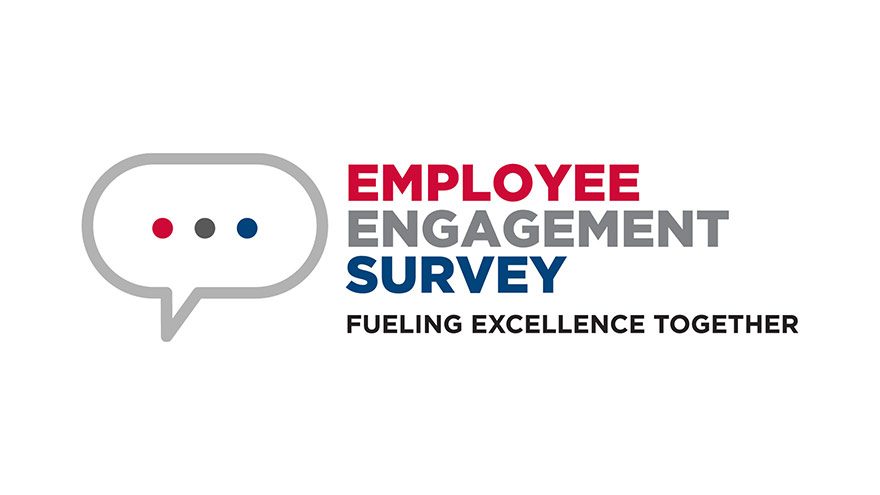With performance evaluation season successfully completed, Metropolitan State University of Denver’s Human Resources team is focused on supporting employees and supervisors through the goal-setting process.
Each year professional and classified staff members, academic deans and their managers set new performance goals in Workday. From July 15 and Aug. 30, employees and supervisors will build on recent performance evaluation conversations to determine individual goals that will support team and University success.

“It is so important for both employees and managers to take the time to set goals,” said Charles Kibort, director of Human Resources Operations and Strategy. “Employees want to feel valued. When a manager takes the time to conduct thoughtful, productive career and stay conversation that really consider an employee’s skills, growth, contributions and potential, employees feel recognized and appreciated.”
What to expect for 2024-25
Last year was the University’s first time entering goals via Workday. According to Kibort the process went very smoothly, and he anticipates another successful goal-setting cycle.
“Employees won’t see many differences for the 2024-25 process,” he said. “The biggest change is that we would like managers and their direct reports to also have a career conversation and a stay conversation during the goal-setting process.”
Kibort spoke with the Early Bird about his perspective on goal setting, helpful resources and important process deadlines.
Q&A With Kibort
EB: Why is goal setting so important on the individual level and to the University?
Kibort: Setting goals is key to employee engagement. If an employee understands what they should focus on and what they are working toward, they will feel more engaged and do a better job. It will also help ensure a clear performance review process and on how well they did/did not meet the goals. Additionally, by having University goals, the employee can see how their goals tie to the institution’s greater mission and purpose.
EB: What is the difference between Stay Conversations and Career Conversations?
Kibort: Stay Conversations are 1:1 discussions that help managers understand what might make employees choose to leave MSU Denver. They also help managers to identify how they can address concerns that might cause an employee to exit their role, unit/department or MSU Denver as an organization.
In a Career Conversation, managers work to better understand an employee’s career goals including their desired short-term next steps and longer-term career path and possibilities. These development-focused conversations inspire reflection, foster commitment, and generate employee-owned actions. Discussions on helping an employee achieve their goals or chart a path to growth could include career development guidance and support or meaningful discussions about career aspirations.
EB: Especially for employees and supervisors who are new in their roles, what advice can you offer to ensure all goes smoothly?
Kibort: Spend the necessary time to actually sit and talk about these things. Supervisors should schedule separate time from the normal day-to-day activities to truly focus on setting goals and having career and stay conversations. There is also a plethora of online resources curated by the Human Resources team that can help guide the goal-setting process. These resources are geared toward identifying personal goals, setting team goals, understanding SMART goals, etc. Plus, there are coaching templates, info on goal-setting workshops and a document that guides both employees and supervisors through every step of the process.
EB: While the deadline is Aug. 30, when would you recommend that employees complete their initial goal submission?
Kibort: Employees should have a draft of their goals done by July 31. Managers should complete meetings with employees in early August to have the Career conversation and Stay Conversation and to discuss goals. Then any final changes to goals should be determined and entered in Workday by Aug. 30.
Learn more by visiting the Performance Management SharePoint page for job aids, LinkedIn Learning courses and other helpful resources.







